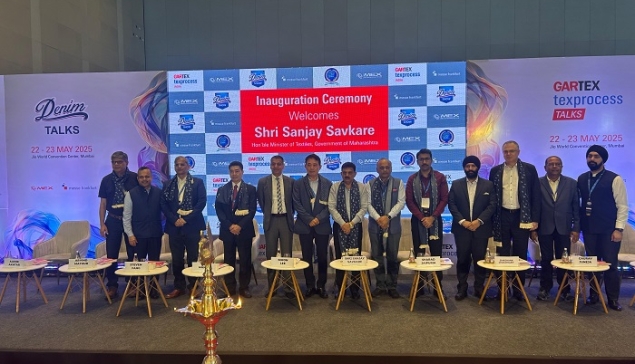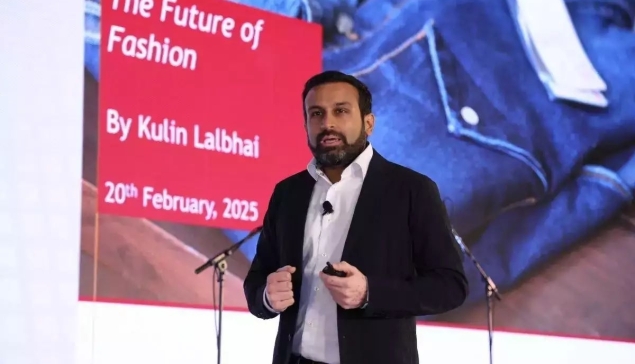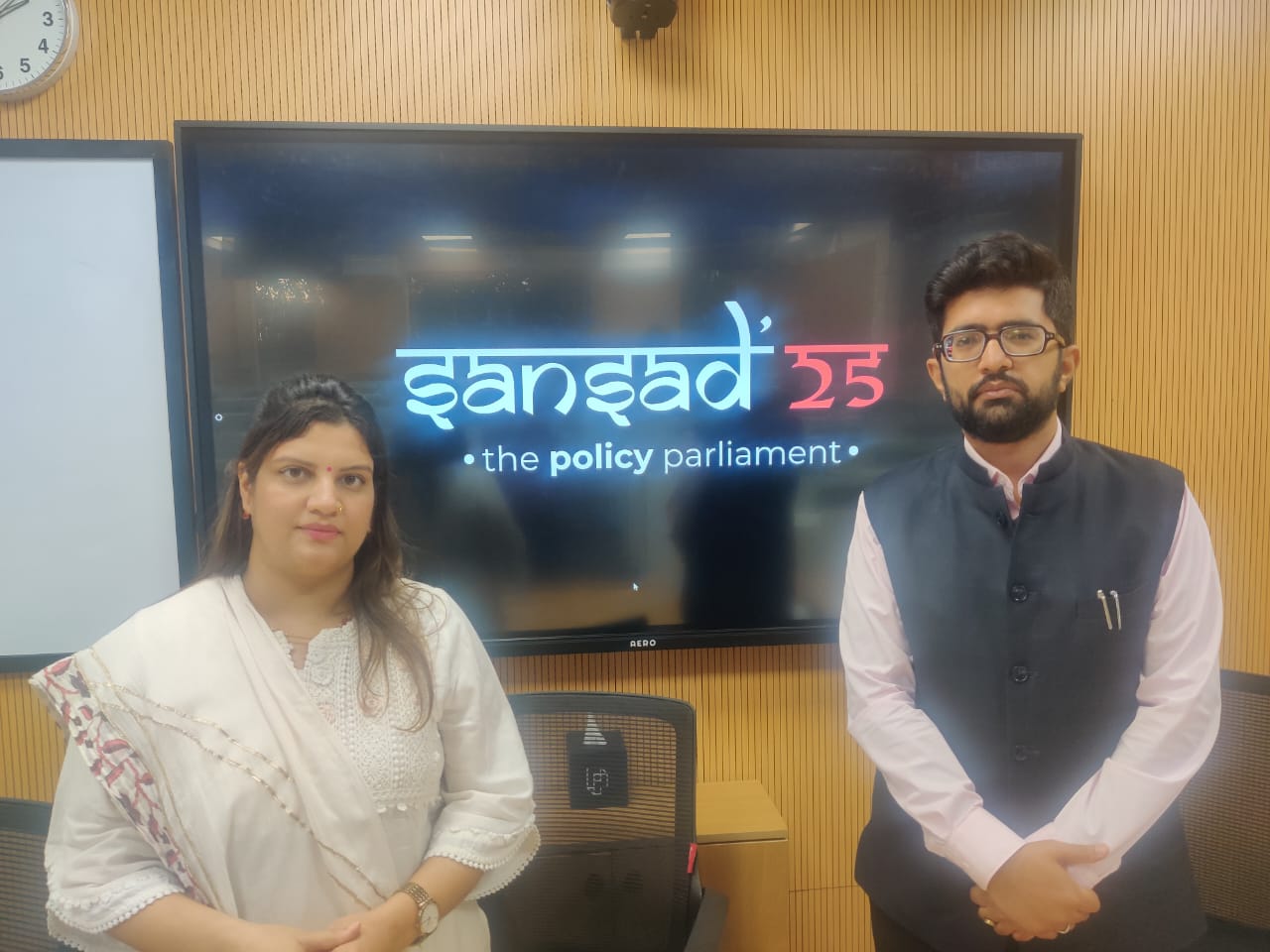In conversation with Salil Chawla, DFU Publications: Dr. Akriti Bhatia and Aditya Giri share insights on the sidelines of Sansad 25, currently underway at the Indian School of Public Policy (ISPP), New Delhi.
Dr. Akriti Bhatia:
I'm Dr. Akriti Bhatia. I completed my PhD from the Delhi School of Economics, focusing on app-based workers and the platform economy, with a broader interest in the informal urban economy.
I've also taught at Delhi University's Miranda House and currently co-lead an organization called PAIGAM Network — short for People’s Association in Grassroots Action and Movements. Our work centers on action-based research and media advocacy.
One of our major research initiatives, supported by the University of Pennsylvania, involved one of the largest studies on app-based workers in India. We surveyed over 10,000 workers across 10 cities and uncovered some stark realities. Many workers, particularly cab drivers and delivery personnel, were clocking in over 14–16 hours a day.
Despite such long hours, earnings remained abysmally low — delivery partners were making around ₹10,000 a month, and cab drivers less than ₹15,000 — both below minimum wage thresholds.
Alarmingly, about 50% of respondents reported experiencing some form of violence at work. The data also revealed significant gender-based disparities.
Despite the perception of the platform economy being open and flexible, women's participation remains limited and fraught with additional insecurities. Grievance redressal mechanisms are weak or non-existent.
A major structural problem lies in misclassification — companies call themselves aggregators and evade accountability while labeling workers as ‘independent contractors’ or ‘partners’.
Yet, they control pricing, allocation of tasks, and almost every aspect of the job. The much-hyped promise of "flexibility" ends up burdening workers with all the risks and none of the protections.
I often refer to this trend as the gigification and appification of work. A recent example is Urban Company’s "Insta Maid" service — marketed as convenience for customers like myself — just a click away. But what's invisible is the severe insecurity and exposure to risks that workers face behind this digital convenience, including sexual harassment.
Another urgent issue is unfair deactivation — if a customer files a false or arbitrary complaint, the worker's ID can be blocked without inquiry, effectively firing them instantly and without recourse. I’d be happy to share our full report for your reference.
Aditya Giri:
I’m Aditya Giri, an Advocate-on-Record at the Supreme Court of India, with 8–10 years of experience in litigation. My engagement with labour issues began during the pandemic, when many journalists were laid off and one approached me for help.
At that time, with courts not functioning normally, we filed a writ petition — Aditya Giri vs. Union of India — and secured relief for thousands of affected citizens. That case highlighted the challenges gig and platform workers face, and deepened my interest in this space.
At Sansad 2025, organized by ISPP, discussions are structured across six key themes: labour regulation, social security, platform aggregators, data protection, collective advocacy, and grievance redressal.
Two areas stand out for me: data protection and grievance redressal. Gig workers are compelled to share sensitive personal data with aggregators — and this data is often misused. While the DPDP Act has been passed, its rules are yet to be notified, leaving a regulatory vacuum.
On grievance redressal, I recently dealt with a case involving a Zomato delivery agent who received a fraudulent payment and had an FIR lodged against him — with no support system or mechanism for him to resolve the matter.
Such incidents highlight the urgent need for robust grievance redressal frameworks.
Events like Sansad 2025 provide a valuable platform for young minds and policy thinkers to come together and collaboratively work toward fair and inclusive solutions.




















